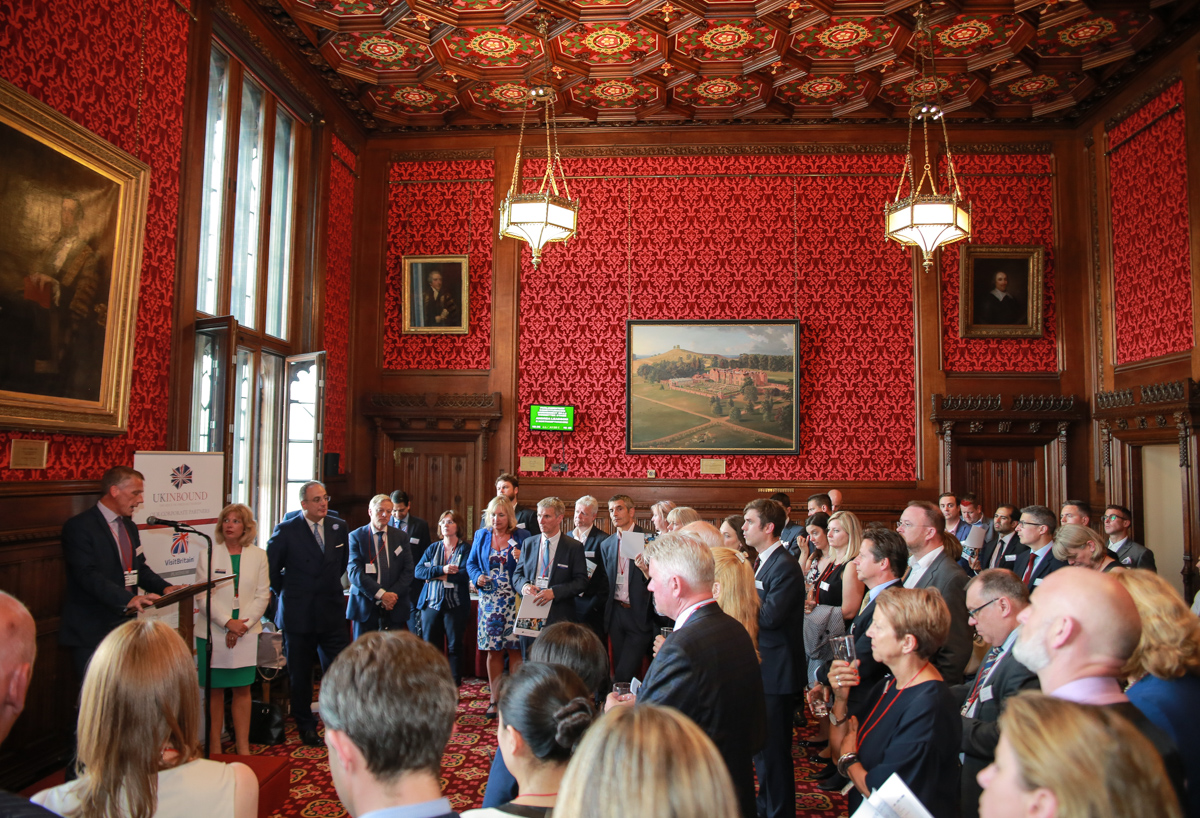With recent media interest on both the record growth of inbound tourism and the fall in popularity of modern languages study at A-level, Dr Karen Thomas and Dr Julie Scott, review how far home-grown talent can meet the future needs of the inbound tourism industry for linguists.
Recent figures published by VisitBritain have been widely reported as record-breaking – with ‘39.2 million inbound visits to the UK in 2017 – up 4%, with visitors spending £24.5 billion, up 9%, compared to 2016.
Whilst we should celebrate the widespread contribution that the sector makes to the UK, we also need to ensure that we have access to a sufficient talent pool to fulfil future recruitment needs. People 1st predict that the tourism and hospitality sector will need to employ an additional 226,000 people into managerial positions alone by 2024. However, the uncertainty of Brexit continues to raise concerns in a sector which places significant reliance on EU workers, often highly valued for their language skills.
For the tourism and hospitality sector, language skills are vital. The value of foreign modern languages relates not just to linguistic skills, but to enhanced intercultural awareness and understanding; providing the foundation from which workers within the sector can improve their ‘soft skills’ and help raise the UK’s reputation for welcome.
As the inbound tourism industry strives to continue to grow strong international markets for UK tourism, Brexit has pushed the sector to a critical point, where they not only have to consider the value of EU workers, but evaluate the potential of home-grown talent to meet future recruitment needs.
Research undertaken by the Tourism and Events Research Hub, at Canterbury Christ Church University, for leading travel trade association UKinbound, highlights the current lack of capacity in the UK’s education system to meet the shortfall in higher level language skills which are needed by the UK’s inbound tourism industry.
The recent reporting of the 2018 A-level modern languages figures has shone a renewed spotlight on the decline in uptake of modern languages, with the plight of German being particularly widely reported. The Christ Church/UKinbound ‘Breaking the Language Barrier Report’ presents a trends analysis of the key influences impacting upon the supply of ‘home-grown’ talent, incorporating the British Council Language Trends Survey Longitudinal data.
Our report highlights the magnitude of the decline over the last two decades, where trends in A-level entrants have shown a one-third fall in the number of pupils taking a language at A-level from 1996-2016. The reasons for this decline have been attributed to changes in education and language policies, the perception of languages as difficult or ‘elite’ subjects, and the lack of clear career pathways. Social, regional and gender disparities in the uptake of languages are also striking.
As the UK seeks to position itself as a global player in a post-Brexit landscape, linguistic and intercultural skills will be at a premium. If the tourism and hospitality sectors are to compete for home-grown linguists, a strong industry voice needs to articulate the demand for modern languages within the sector, and government, education and industry need to continue to work together to further strengthen the image of the industry as a ‘career of choice’.
Read the research report here > Breaking the Language Barrier: Equipping our Tourism Workforce for the UK’s Future.
The Breaking the Language Barrier: Equipping our Tourism Workforce for the UK’s Future report was launched by UKinbound at a Parliamentary Reception on 19 June as part of UKinbound’s Brexit Campaign. The Tourism and Events Research Hub, at Canterbury Christ Church University, was commissioned by UKinbound to undertake and deliver the research. Its report authors are Dr Karen Thomas, Dr Julie Scott, Dr Marion Stuart-Hoyle and Lorna Thomas.
 Expert comment
Expert comment Emma Grafton-Williams
Emma Grafton-Williams 2843
2843


